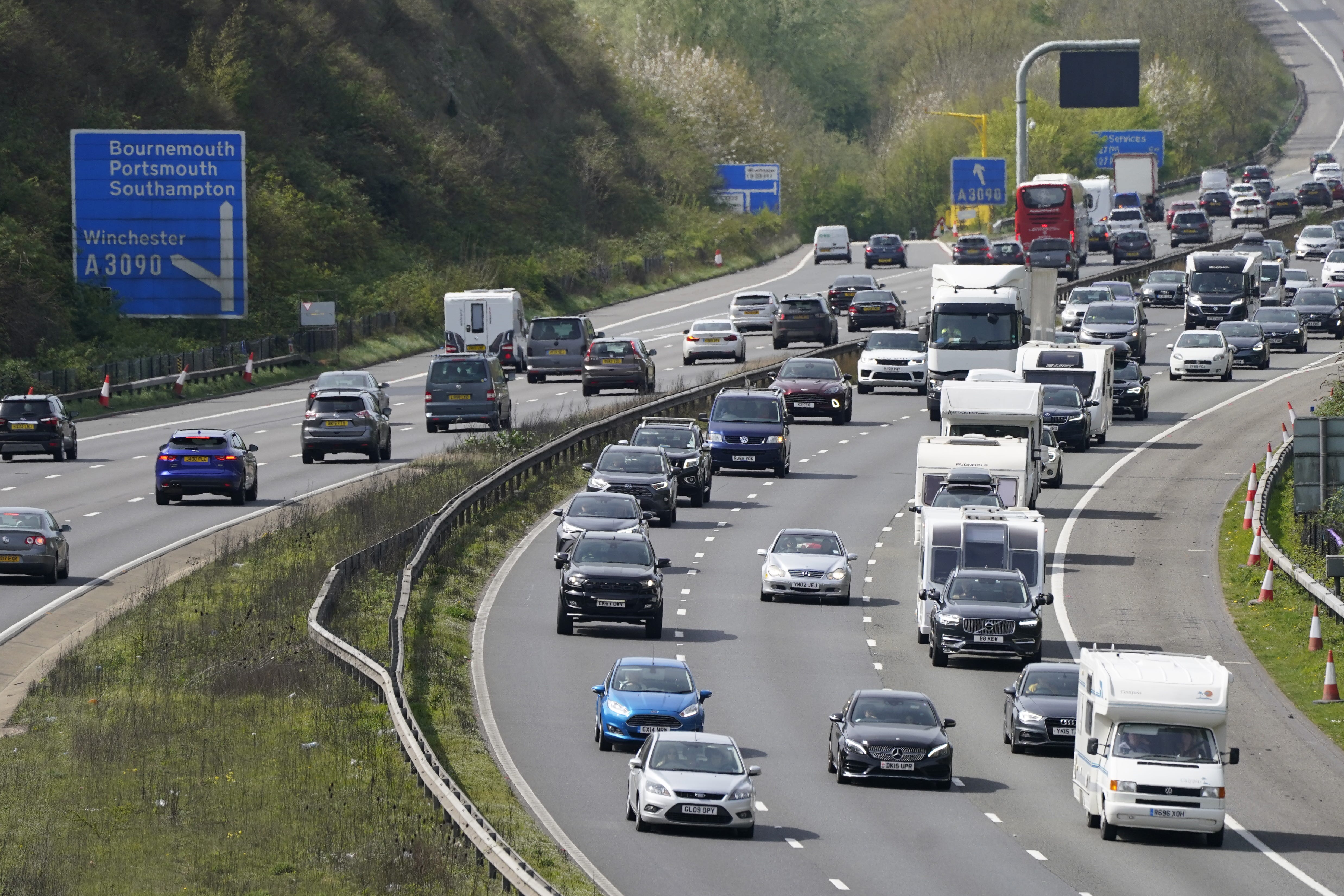First-year tax rates for petrol, diesel and hybrid cars set to rise following Budget
First-year VED rates will increase by more than double after the announcement.

Your support helps us to tell the story
From reproductive rights to climate change to Big Tech, The Independent is on the ground when the story is developing. Whether it's investigating the financials of Elon Musk's pro-Trump PAC or producing our latest documentary, 'The A Word', which shines a light on the American women fighting for reproductive rights, we know how important it is to parse out the facts from the messaging.
At such a critical moment in US history, we need reporters on the ground. Your donation allows us to keep sending journalists to speak to both sides of the story.
The Independent is trusted by Americans across the entire political spectrum. And unlike many other quality news outlets, we choose not to lock Americans out of our reporting and analysis with paywalls. We believe quality journalism should be available to everyone, paid for by those who can afford it.
Your support makes all the difference.Drivers of new petrol, diesel and hybrid vehicles are set to face higher first-year tax rates following today’s Budget.
In an attempt to drive consumers towards electric vehicles while widening the gap between ‘higher polluting’ vehicles and EVs, the Government will be increasing the first-year Vehicle Excise Duty (VED) for many new cars.
A car’s first-year tax figure is calculated by taking into account the amount of CO2 it produces. At present, electric vehicles don’t incur any VED charges, while cars emitting between 111g and 150g/km pay £220. Those that emit more than 255g/km pay £2,745 for their first year.
It is great to see the Chancellor backing electric vehicles in her Budget, with both an extension to the company car tax and changes to VED
However, buyers of electric vehicles are set to pay £10 for their first year’s VED from April and that rate has now been frozen.
In contrast, all other rates of first-year VED are set to rise considerably with rates for petrol, diesel and hybrid vehicles all being increased – with most doubling.
A Treasury spokesperson told Car Dealer Magazine that the change means, from April next year, a new Ford Puma driver can expect a first-year VED rate rise from £220 to £440, while a buyer of a Range Rover could pay as much as £5,490 – up from £2,745 – in that first year of ownership.
An Expensive Car Supplement – which sees buyers of new cars that cost over £40,000 pay an extra £410 a year for the first five years – won’t be extended to electric cars either. However, the government has said that this could be introduced to electric vehicles at a future ‘fiscal event’.
Chancellor Rachel Reeves told MPs in her Budget statement: “To help drive the transition to electric vehicles the government is strengthening incentives to purchase EVs by widening the differentials in Vehicle Excise Duty First Year Rates between EVs and hybrids or internal combustion engine cars.
“The government is also maintaining EV incentives in the Company Car Tax regime and extending 100% First Year Allowances for zero emission cars and EV charge points for a further year.”